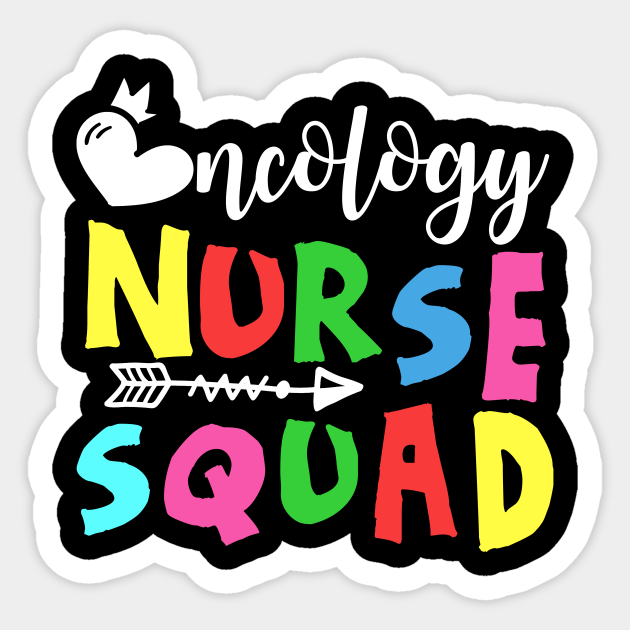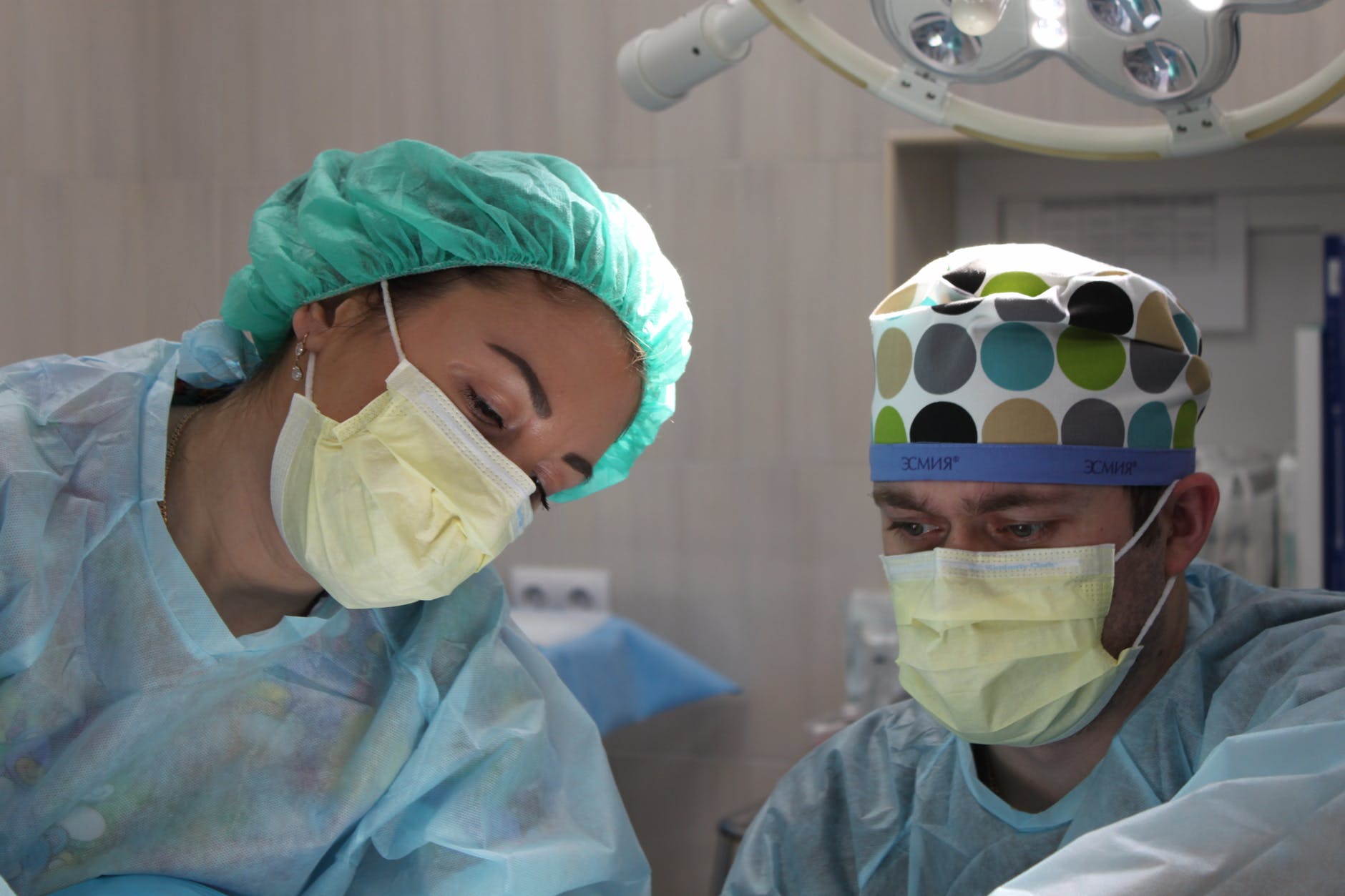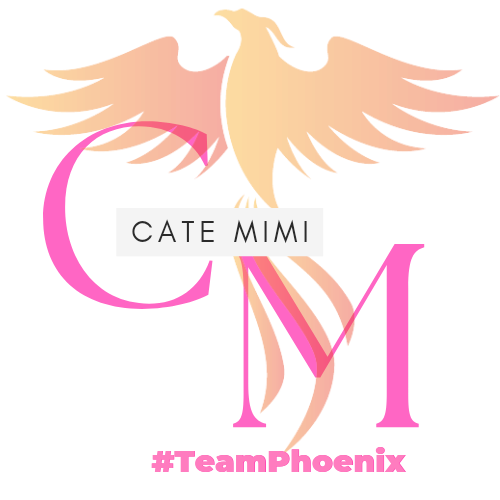
A little Background
There is a certain prestige that comes with being a nurse specialist. It elevates the status of nursing education and presents nurses as professionals and critical thinkers to the world. We need this especially now in the backdrop of 2020-2021 Year of the Nurse and Midwife.
There was an encouraging response from the post on renal opportunities in the United Kingdom. Though I am yet to exhaust the very many professional avenues for these nurses, a concern arose from other specialized nurses. Part of this came from oncology nurses. Oncology nursing means cancer nursing. These are nurses trained to handle cancer patients.
Nursing education in the United Kingdom differs from the rest of the world in many areas. Notably, nursing is divided into either pediatric or adult nursing. Midwifery is a course on its own. My background as a Kenyan registered nurse offers me an advantage in that I am trained in both midwifery and general nursing. General registered nursing in Kenya does not differentiate between children and adults. One gets trained in everything. Specialization comes later.
The United Kingdom allows flexibility for nurses to pursue what they have a passion in early on in the career. That is why a midwife is never posted in a general ward. Neither is a pediatric registered nurse posted in an adults’ accident and emergency department. This elevates the profession to very high standards.
A degree is nursing is good to place you as a registered nurse. BScN nurses work in the wards. Unless this is your comfort bubble, a specialty will propel you to unimaginable career heights. There are training programs offered by various universities under the NHS sponsorship. However, there are others that require you to be proactive in looking for them and applying for the same. Information is always available depending on the area of specialty you are interested in.
General rule of the thumb is to identify where you want to work, apply for a job there and eventually seek out what is on offer then go for it. This is the difference between an average nurse and a great nurse. The days of deeming nursing as a calling are long gone. Specialty in nursing underpins it as both a profession and an attractive career. The United Kingdom has opened vistas for nurse to do exactly that.
For the unaware reader, Kenya has a marvellous program of training general registered nurses in different specialties at a Higher National Diploma (HND) level. Though this has been confirmed to be a level 5 certification in say, the United Kingdom, this one-year comprehensive program has a content similar to the specialty at a master’s degree level. There are differences yes and some of these include but are not limited to, the intensity of training and time allocated for different topics. Method of assessment differs too seeing that level 7 certification in the United Kingdom calls for higher applications of critical thinking and research tactics.
These differences do not negate the content that the Kenyan HNDs impact on registered nurses. When I applied for a job in the renal directorate, I was posted in a different general medicine ward and this was very distressing to me. I was specific at the interview that I was interested in a renal department and I had a chance to argue my case based on my HND in nephrology nursing. This is an advantage that general registered nurses may not possess. It allows me to be categorical that I have already chosen a line of profession and that I am willing to pursue it to its deepest pits and widest valleys.
Just like renal nursing, oncology nursing has been broken down into chewable bits and pieces in the United Kingdom. This is one of the things that endear the United Kingdom to me. They have made it possible for nurses to pursue their strengths and largely master them to expertise levels. A Kenyan cancer nurse is trained in all aspects of cancers. All. Of. Them. This makes it even more palatable for you to come work in the United Kingdom. If you have an interest in cancer nursing, you are also welcome to the United Kingdom as you will see shortly.

Advanced Nurse Practitioner (ANP)
There are various ANPs or Clinical Nurse Specialists (CNS) in the cancer world. I will use those words interchangeably. It takes years of practice and further education for one to be a CNS. The ANP is responsible for reviewing patients and liaising with the doctor on management. For outpatient patients that are regular appointments in the health centre, the general physician refers them to the ANP. There are ANPs in the hospital too and these are further divided into various sub-specialties. There is one I would like us to have a look at.
Acute Oncology Nurse Specialist (AOS)
This specialized nurse is the first contact of any acutely ill cancer patient. After admission tom the wards, AOS is informed of the presence of this patient and he or she comes up to review the patient and tailor the patient’s needs. Cancer patients have a wide variety of specific nutritional, fluid, electrolyte, nursing and medical needs which need to be addressed. AOS see the patient before the oncologists. They come to the ward round and accompany general doctors and are consulted on the plan of care.
This is a powerful role that is cultivated from committed years of practice within the acute medical departments. This role demands comprehensive knowledge and skills in management of cancer patients that are in a medical crisis. Needles to say the AOS must be able to think critically, make decisions, evaluate them and do this on the go.
Chemotherapy Nurse Specialist
This role requires the nurse to administer and prepare chemotherapeutic agents. Some agents are prepared in the pharmacy, but some are prepared at the bedside. The nurse needs to have proper numeracy skills and good background of pharmacology. This should not sound intimidating because you do not need to have had prior exposure to this area for you to work here. The NHS hospital that employs you will offer you the required training.
Chemotherapeutic agents are highly toxic medications that are given to patients to kill cancer cells. This comes with a demerit of causing untoward side effects. Nurses trained in this role are experts at monitoring patients and taking care of the ports that are used to administer these medications. Most are toxic and this calls for strict adherence to infection prevention and control measures as well as local policy guidelines. Occupational health nurses assess nurses posted in this role for their suitability because of the exposure that comes with such medications.
A friend of mine came to the United Kingdom last year and worked in this department and rose through the ranks to be a senior charge nurse. It is an impressive role. He had no prior experience in Kenya as an oncology nurse. He just had the interest and voila, he was trained in this. Dare to dream. Dare to challenge the status quo. Reinvent yourself and chase what you believe in. We might believe in you but do you?
Radiotherapy nurse specialist
You will be responsible for educating patients on the process of radiotherapy and the side effects. You are empowered to care for assigned patients and even assess their care while on radio sessions. There are nursing interventions specific for radiotherapy side effects and these get extensively covered while on training.
Besides teaching and assessments, you are involved in psychosocial support for patients and their families. You are the cog that moves the wheel of care that is the oncologists, the general registered nurses in the wards, medical practices, patients, their families and the other allied health professionals; for the cancer patient undergoing radiotherapy treatment.
Different Cancers Have Different Nurse Specialists
Just like their medicine counterparts, nurses get to specialize in specific cancers. This is a stark difference from the Kenyan system where an oncology nurse is taught the whole wide world of cancer. Doctors too get to specialize in different sub-specialties. With this in mind, a Breast cancer nurse will not handle a Lung cancer patient. There is a Lung Cancer specialist nurse, a lymphoma specialist nurse, a Leukaemia specialist nurse, a brain cancer specialist nurse, a stomach cancer specialist nurse and virtually all common cancers have a specialist nurse.
We talked about the AOS nurse and she liaises with the individual nurse that handles that cancer for continuity of care. Say a Skin cancer patient presents at the A/E department and is subsequently admitted to the ward. The receiving doctor will alert the AOS. If need be, the AOS will alert the skin cancer nurse specialist. This is because besides being trained to handle cancer emergencies, the AOS maybe limited in her knowledge of current trends in skin cancer which the skin cancer nurse is privy to.
The net effect is coordinated care for the patient and a pride in the effectiveness of care for all cancer patients throughout the United Kingdom.
The roles above are not exhaustive. The field of cancer nursing is as dynamic as it is complex. The ones I have discussed however should guide any oncology nurse in Kenya and the world at large.
To emphasize, a general nurse does not need to have had prior exposure to cancer patients for them to work in these specialized units. All you need is to state your interest at the job interview. Go to https://www.jobs.nhs.uk/ and look for nursing jobs in the cancer field. Once employed, NHS will train you in what you need to know. Godspeed dear nurses, godspeed.

This is powerful.
I have learnt alot
You are welcome love
Informative
Thank Cate for being our ears and eyes. I’ve learnt alot. “The days of deeming nursing as a calling are long gone. Specialty in nursing underpins it as both a profession and an attractive career” this resonates. You gal are goals.
You are welcome. ❣